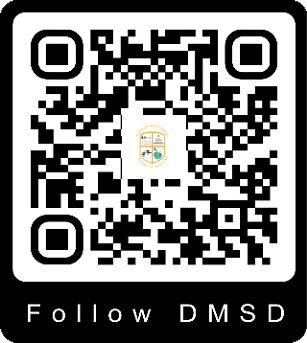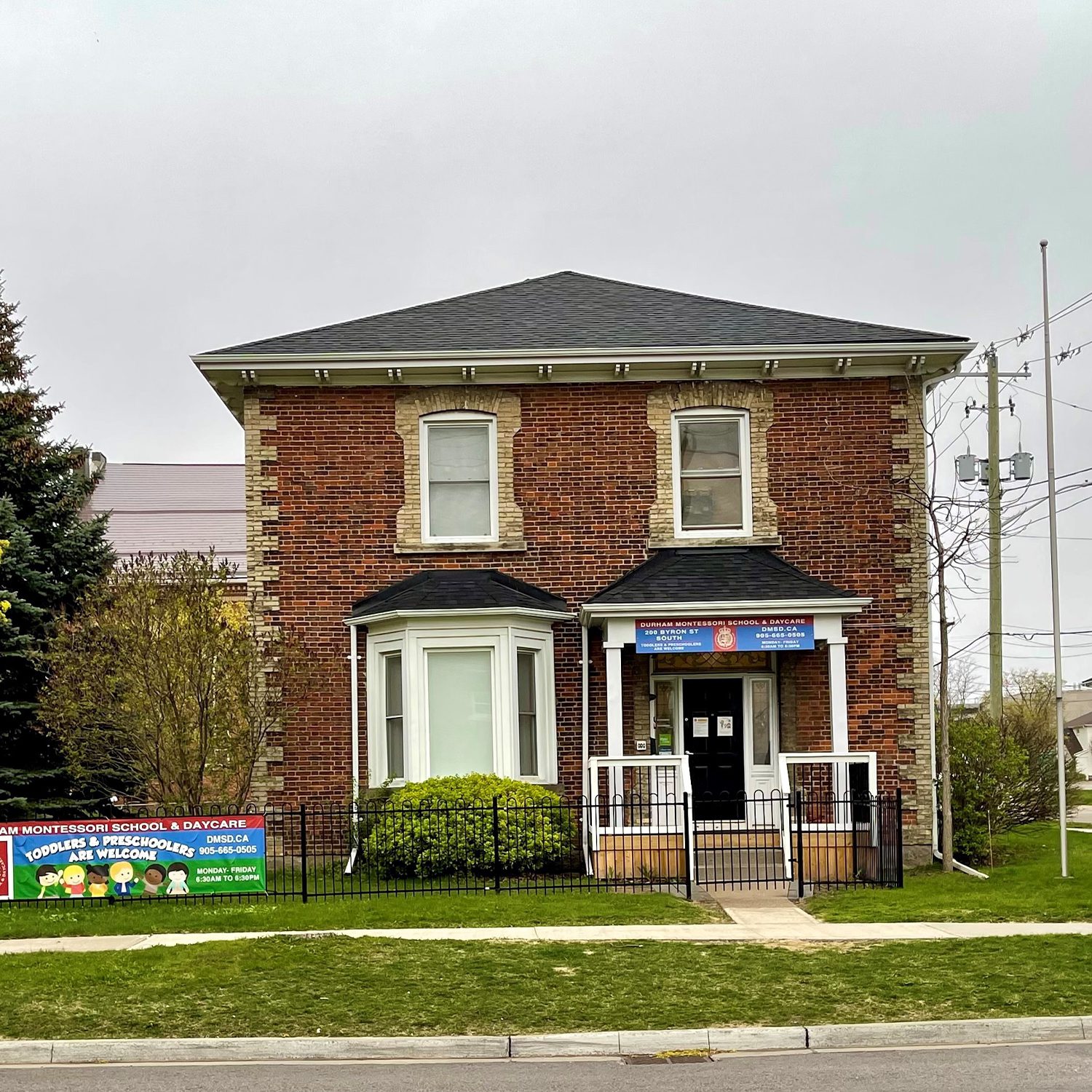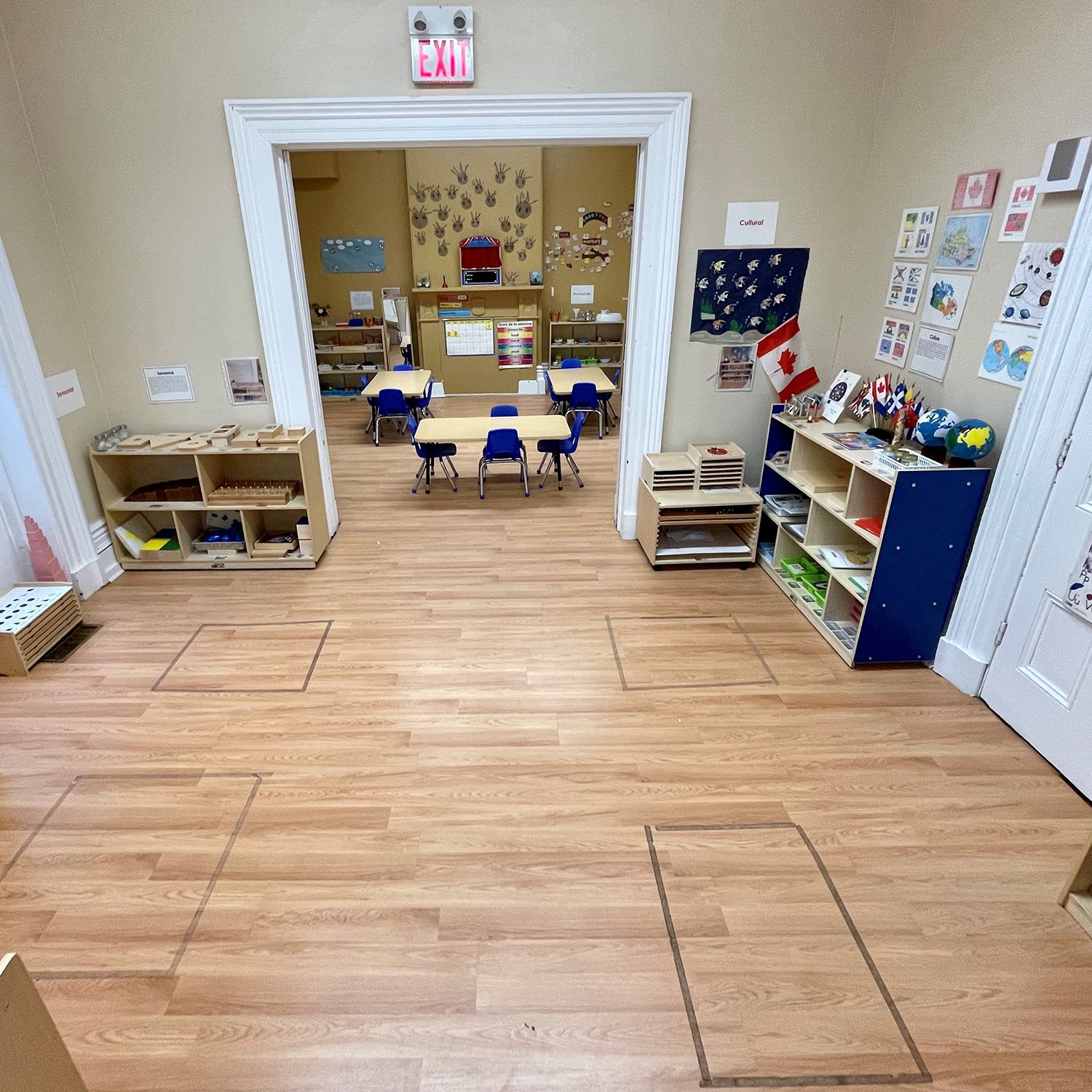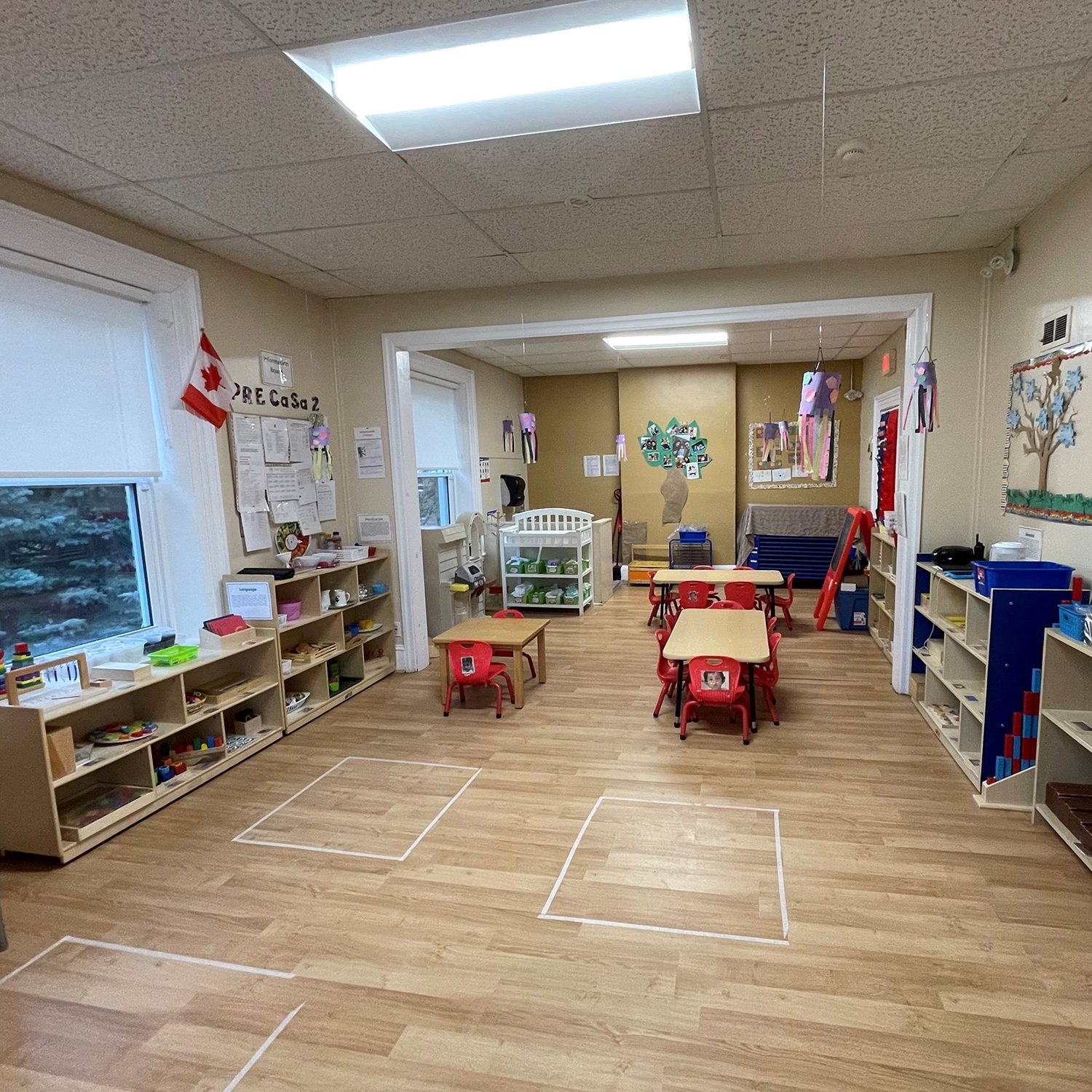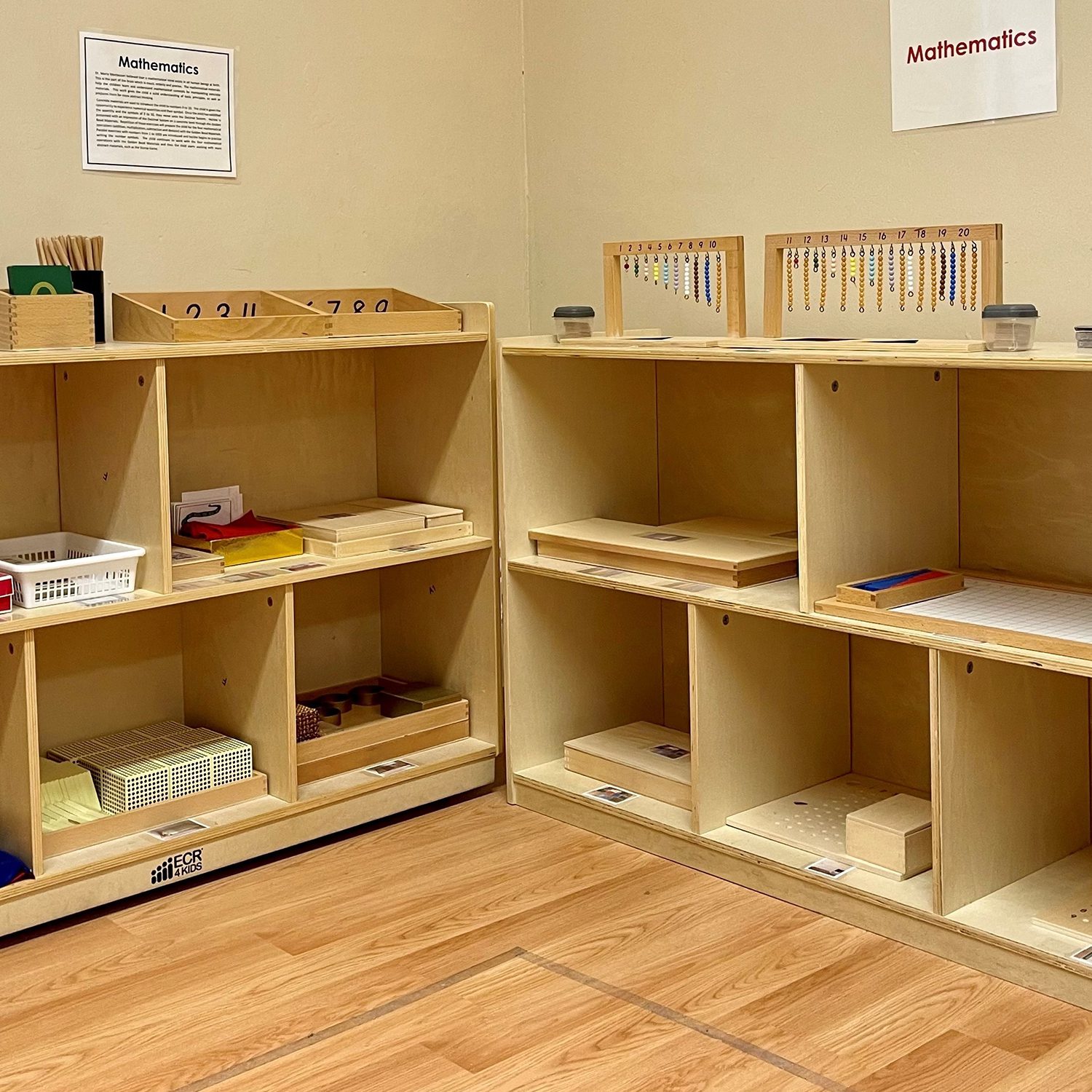Curriculum
Montessori education starting from 12 months old.
The Montessori Method
At Durham Montessori School & Daycare, we understand the importance of early education and development. Our program is designed to provide a well-rounded curriculum that incorporates practical life, sensorial, language, mathematics, culture, and arts and crafts activities. Whether our students are learning new concepts in math or exploring different forms of art, our teachers are committed to facilitating their growth and helping them reach their full potential. We believe that all children have unique gifts and skills that deserve to be cultivated, and our goal is to nurture these abilities through a balanced approach to learning. With our full range of offerings, Durham Montessori will help your child thrive academically, socially, and emotionally as they embark on their journey toward success. So, if you are looking for a school that offers opportunities and support your child’s needs, look no further than Durham Montessori School & Daycare! The Montessori classroom is divided into many areas, but they are all interrelated for the holistic development of the child. These areas are:

The Practical Life area of the classroom bridges the gap between home and school for a child. It is their first exposure to the prepared environment in which they will continue to do throughout the program, however, be simple at first and become more complex as they master each activity through repetition. These prepared activities are what adults do daily to maintain and restore their environment and themselves. When Dr. Montessori developed this area of the classroom, she divided it into 3 sections: care of self, care of the environment and grace and courtesy. She believed that a child gravitates to many of these activities to satisfy their inner purpose. In satisfying this need for purpose, they achieve a sense of independence and enhance their motor and concentration skills which is the basis of education.
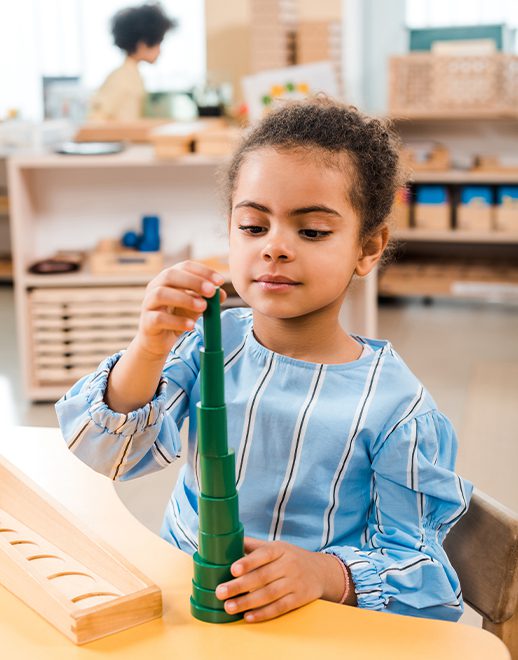
Dr. Maria Montessori believed that the child absorbs an idea through active sensory experiences. She developed the sensorial area on the basis that a child is a “sensorial explorer”. Within the area, the child’s experiences develop the skill to distinguish and classify their impressions with specially designed materials that are scientifically designed objects which are grouped together according to their physical properties such as shape, size, weight, texture, sound, texture etc. In experiencing these materials alone or together, allow the child to rediscover their environment using their senses in a concrete and intelligent manner. When using these materials, the child enhances his developmental skills abundantly.
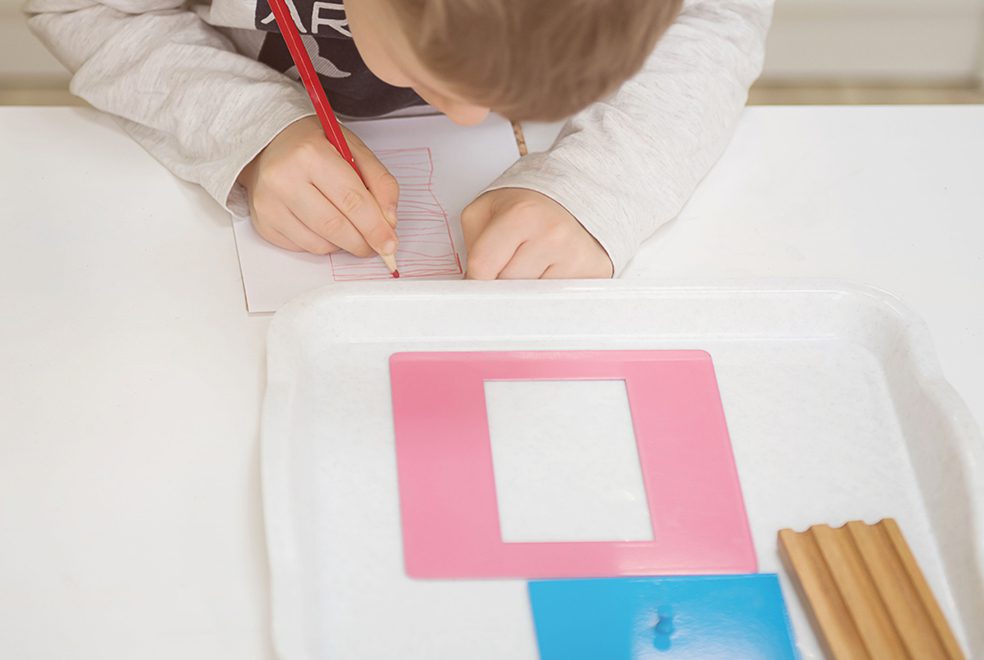
Studies have shown that between the ages of birth to 6 years, a child can be exposed to and absorb many languages at once. The “absorbent mind” of the child allows them to acquire languages unconsciously and discriminately. The prepared environment of the Montessori classroom is well equipped for the child to begin enhancing his vocabulary and knowledge of many languages. Going forward, as the child is exposed to language throughout the environment, they are then introduced to phonetic sounds of the alphabet verbally and later introduced to the symbol with sandpaper letters. Once the child retains a series of letters, they are then introduced to the Large Moveable Alphabet to which, through repetition, the child begins to spontaneously word build and decode. During that time, teachers will observe, assess and evaluate the child’s progress within the prepared environment, and will also introduce the child to materials that will enhance their fine motor skills using very specific language curriculum that will develop their writing skills.
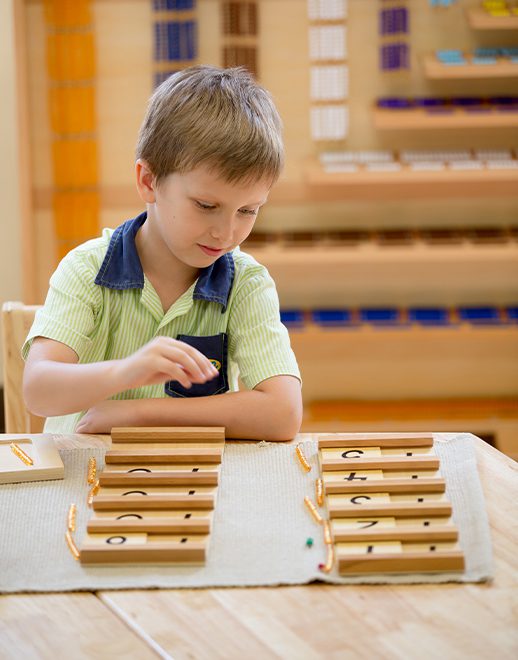
The Mathematical Mind is exact, orderly, precise and logical! Even though humans created a language for mathematics, most people find it difficult to understand as it is introduced to children in the abstract form. Within the prepared environment, Dr. Maria Montessori created materials that a child can manipulate to better understand the mathematical language and comprehend initially in the concrete form. These materials allow the child to manipulate the quantities and foster repetition to then, comprehend the abstract form, the symbol. This approach allows the child to fully understand the abstract concept with a concrete understanding.

Subjects like Geography, Science, History, and Botany are taught individually in many preschools however, in the Montessori environment, the Culture Area consists of these subjects within the same area of the classroom. Dr. Maria Montessori believed that having knowledge and understanding of such subjects is what makes one a well cultured person. The Culture area provides children with many manipulative activities to help the child better understand these topics. Within the Culture area, teachers also provide unit studies through group lessons. The curriculum is organised into monthly themes in which these subjects are discussed, and projects are created. A table within the classroom is set up throughout the month with findings of our monthly unit for children to experience.
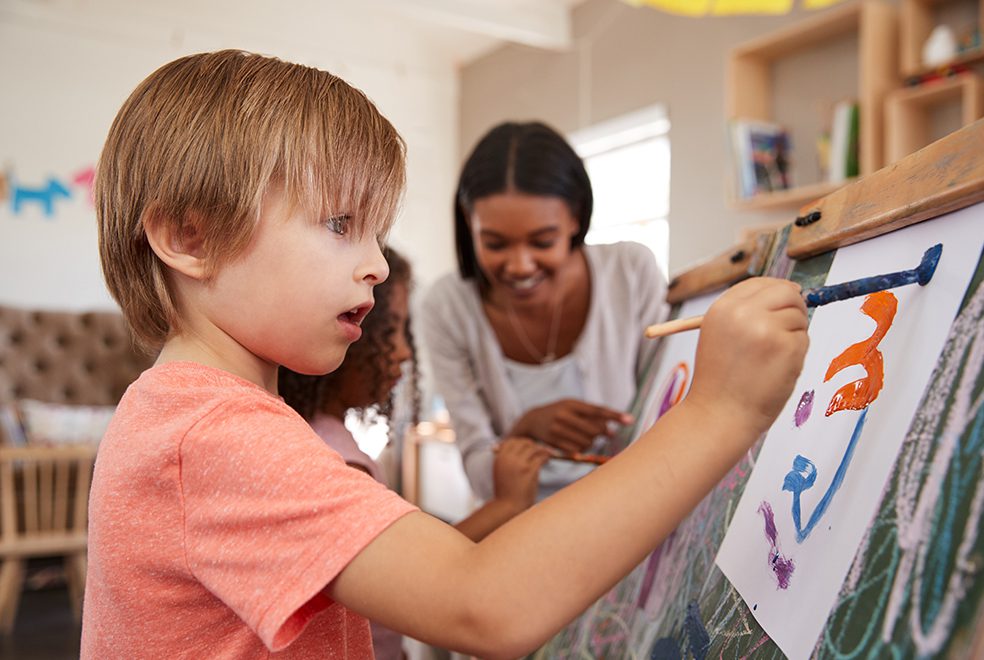
At Durham Montessori School and Daycare, children are encouraged to express their ideas through Arts and Crafts. Before exposing our children to any art or craft activity, teachers ensure that the child can carry out a project with little direction and just a few words to motivate them to begin experimentation. With an abundance of workspace, children develop their creativity and fine motor skills while teachers keep in mind that a child will not be pressured to produce a recognizable piece of work, in turn, allowing the child to express the reality of their emotions and mental ideas. The process of the final product is the emphasis of the child’s art or craft.



